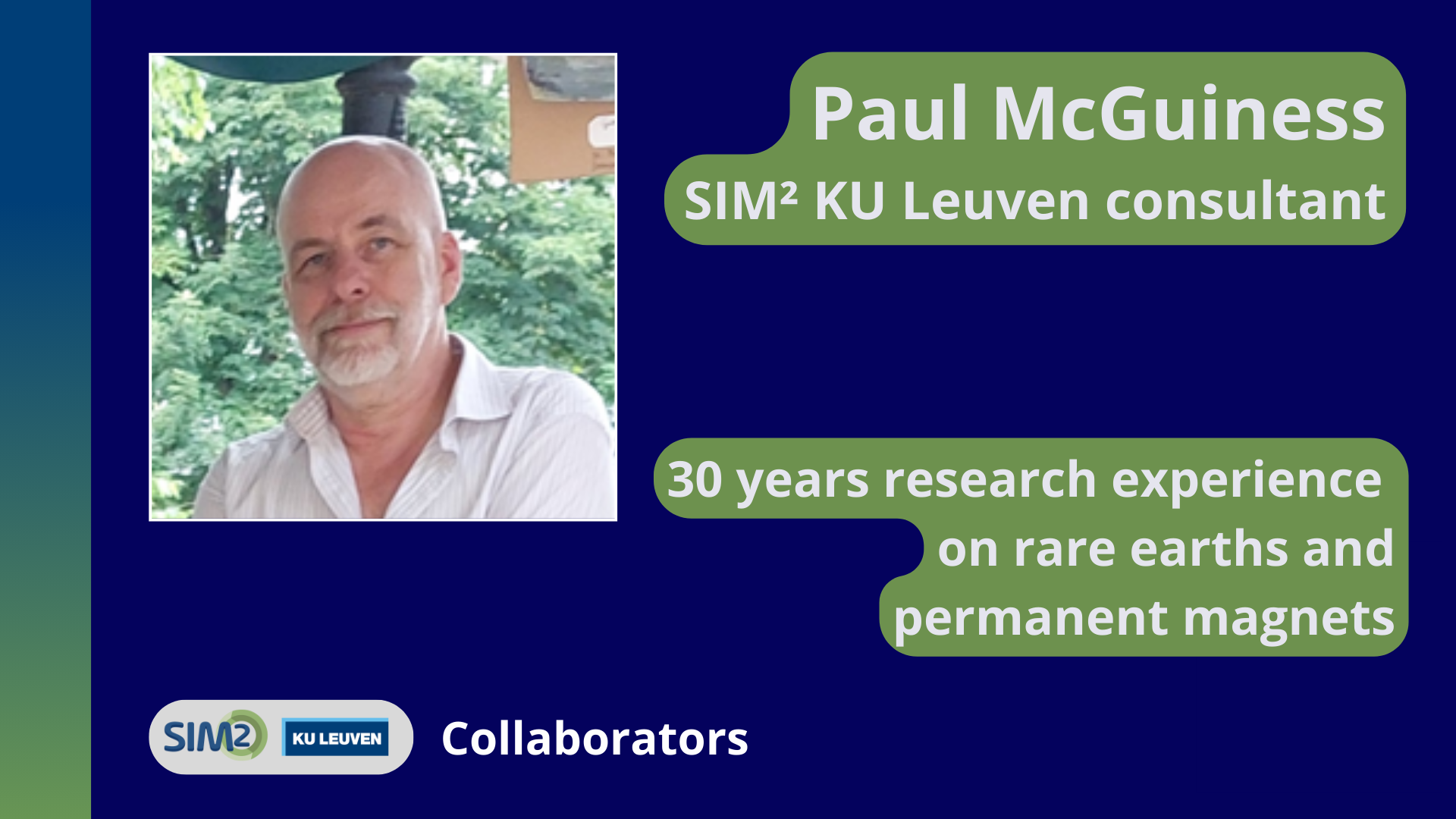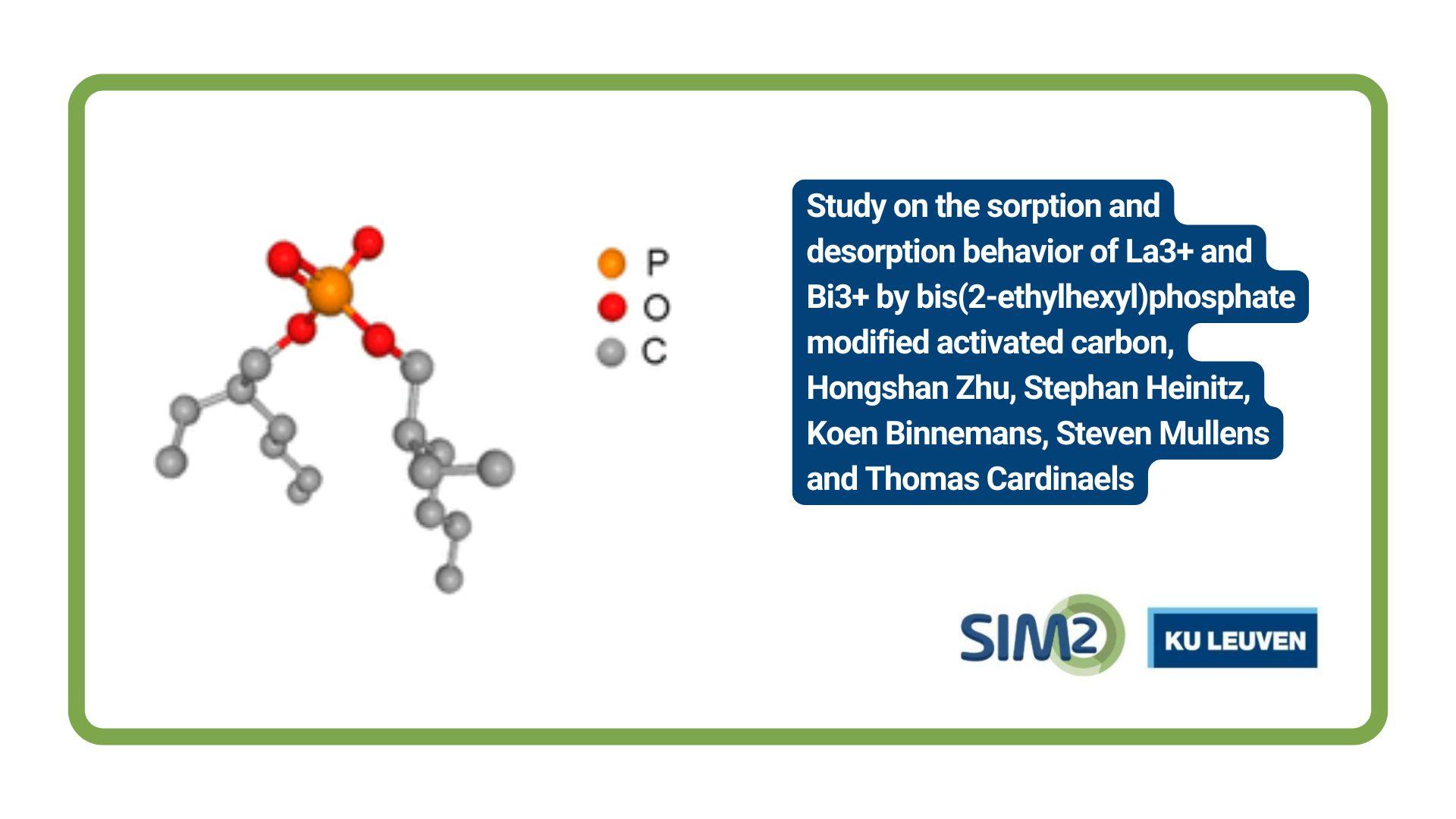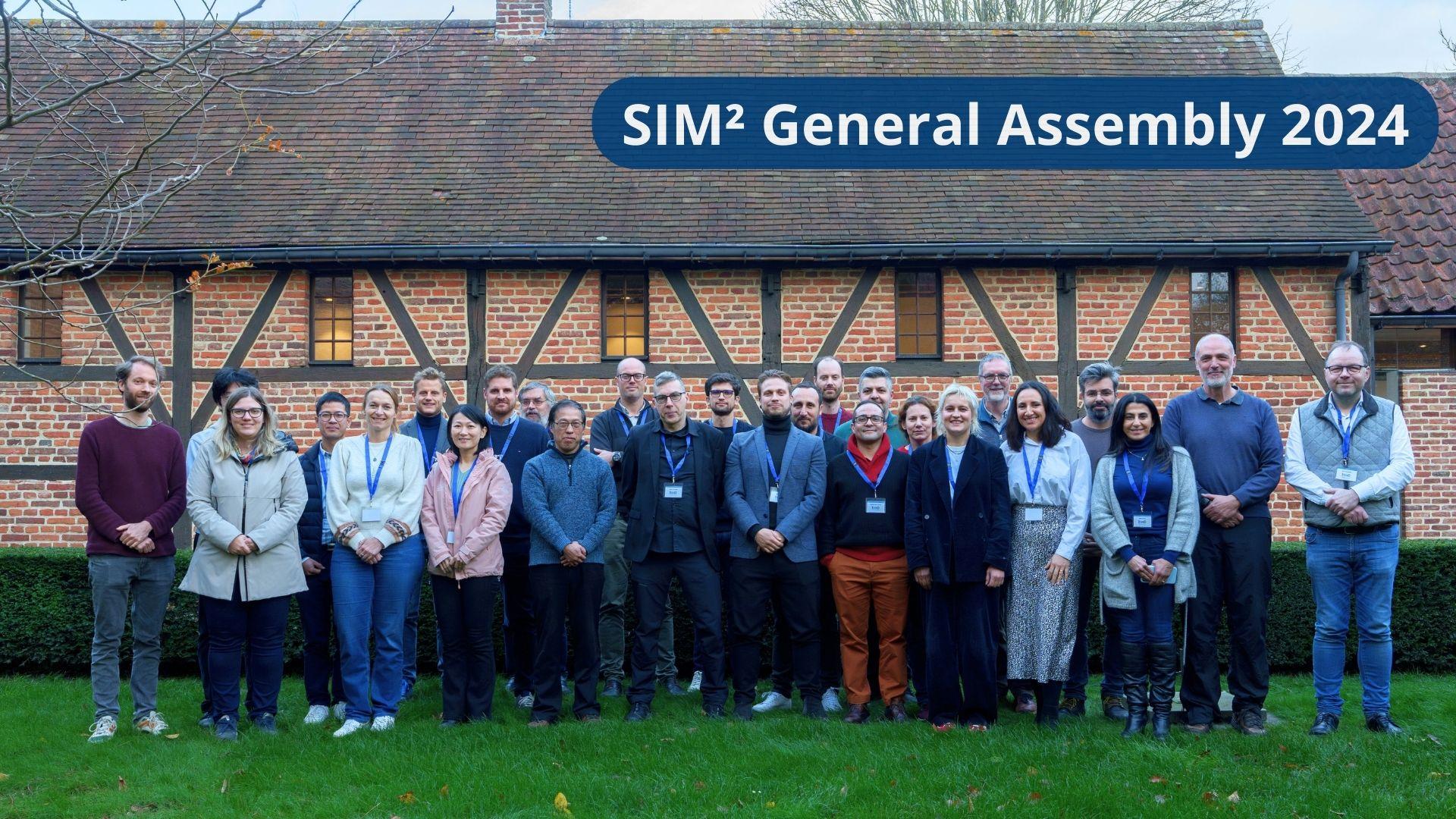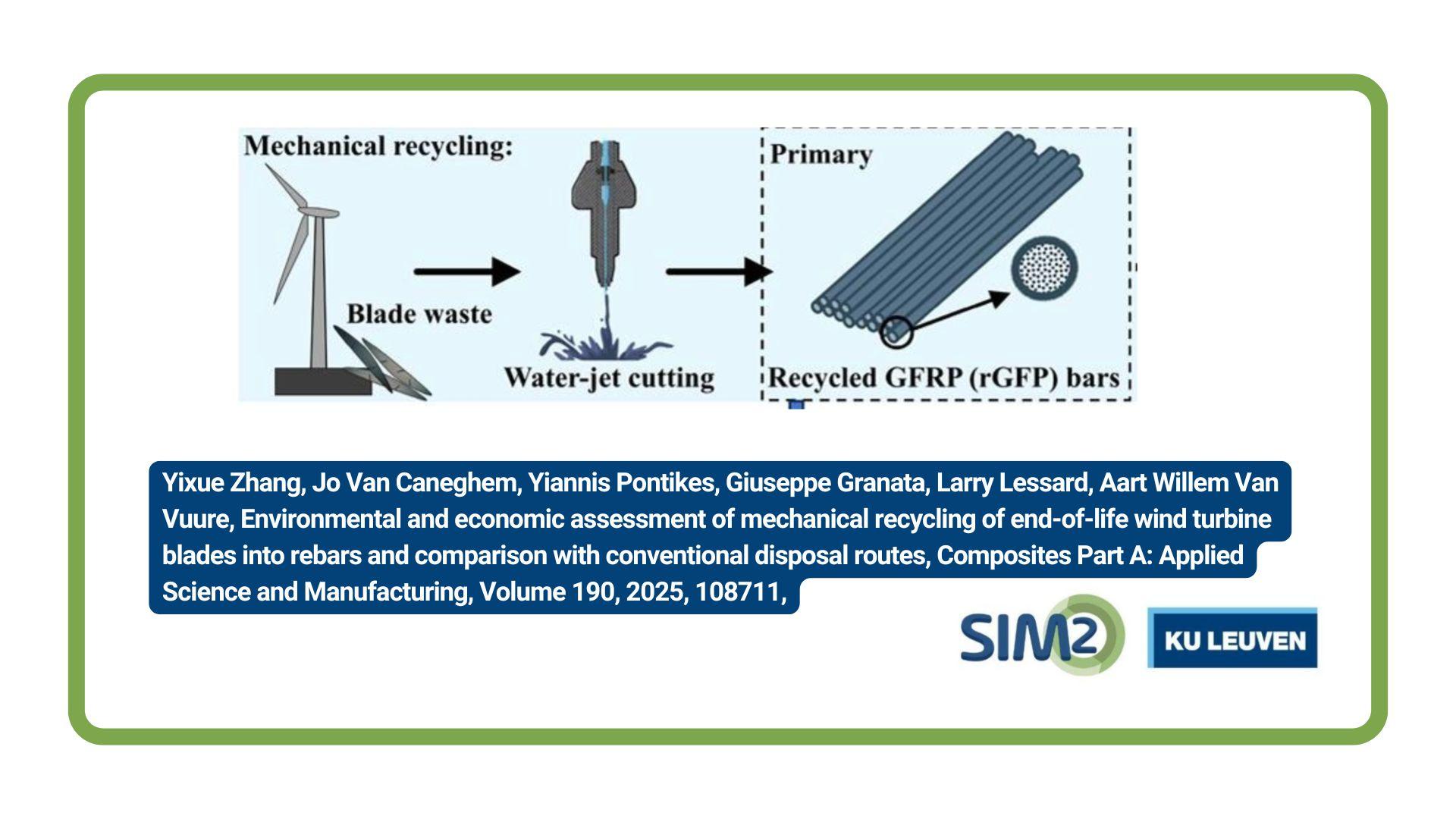Paul McGuiness has been involved for 30 years in research on rare earths and permanent magnets. Now a consultant, he supports the KU Leuven SIM2 team in a number of projects. He lives in Slovenia, having previously worked in industry and academia in the UK, USA, and Turkey.
What is your earliest childhood memory?
Being on a summer holiday on a farm in North Wales. I am standing on a wooden gate with my younger brother, and we can see the sea.
What made you want to be a scientist?
It was a general science class, when I was about 12 years old. We were doing some simple experiments with small wooden trolleys on a slope and measuring their velocity and acceleration. I was hooked.
What book, film, music or TV series changed you?
The Lonely Passion of Judith Hearne by the Irish novelist Brian Moore made me realise how multilayered the human character can be. The subsequent film of the same name starring Maggie Smith and Bob Hoskins was a disappointment.
If you weren’t a scientist, what other job could you have chosen?
I would like to have been an architect. The clean lines of the job appeal to me.
If you could live and work anywhere in the world, where would that be?
I would say I that in Slovenia I have found the best place in the world, but on a grey Ljubljana day in March or April I can see the advantages of a life in southern California.
Who is the scientist that you admire the most?
I have always admired Robert Hooke, whose greatest mistake was to get on the wrong side of Isaac Newton. Hooke was an expert on an amazing number of specialties, biology, medicine, various fields of physics, engineering, horology, microscopy, navigation, astronomy and architecture, as well as being the first person in England who was paid to be a scientist.
I would like to have been in Michael Faraday’s lab when he connected the wires on his simple homopolar motor, and it started to rotate!
Do you believe we will avoid the catastrophe of climate change?
I don’t believe that the world will really take climate change seriously until the southern tip of Florida is submerged. Then, all of a sudden, we will be pulling out all the stops to reverse the problem, and in the end we will succeed. But the cost will be astronomical.
Which of your scientific achievements is the most satisfying?
Some of the papers I wrote in the 1980s, just after Nd-Fe-B magnets were first reported, are still being cited today.
What one thing would make your life better?
Being able to play the piano proficiently. As it is, I cannot play a note.
If you could live at a different time in history, and be present at a scientific discovery, when would that be?
I would like to have been in Michael Faraday’s lab when he connected the wires on his simple homopolar motor, and it started to rotate!
What is the best piece of advice you have received?
When things look bad. Hold your nerve.
When are you happiest?
When Rosie the cat comes home after a day’s mousing and joins me on the couch.
SIM² KU Leuven is the KU Leuven Institute for Sustainable Metals and Minerals (SIM² in short). SIM² is one of the official KU Leuven Institutes that were endorsed by the KU Leuven Academic Council. SIM² has more than 370 members, coming from a wide range of (interdisciplinary) research groups and departments at KU Leuven. SIM²’s missions is “to develop, organise & implement problem-driven, science-deep research & future-oriented education, contributing to the environmentally friendly production & recycling of metals, minerals & engineered materials, supporting (…) a climate-friendly, circular-economy”.
- Read more in this featured article in Geniaal.
- Follow SIM² on LinkedIn
- Interviews with other SIM² colleagues and collaborators





